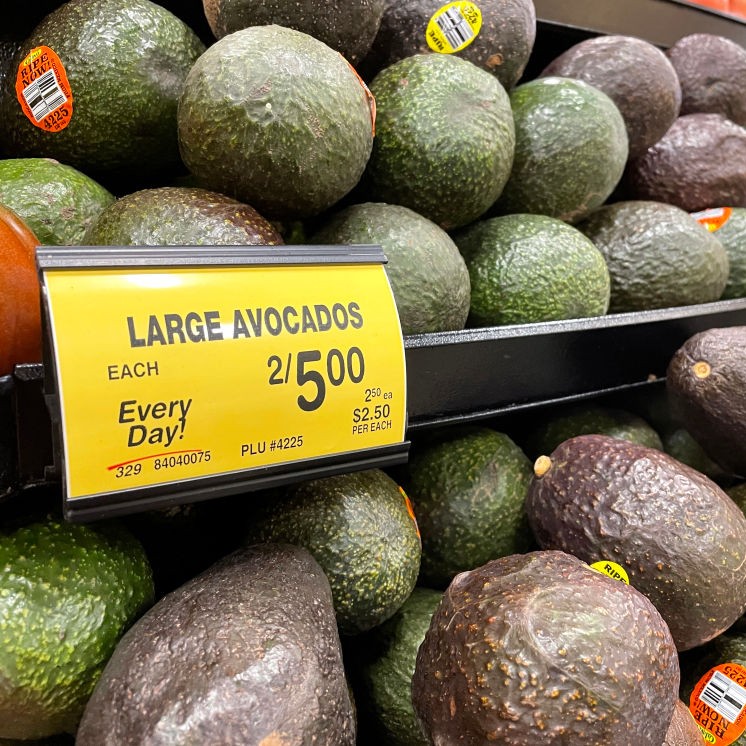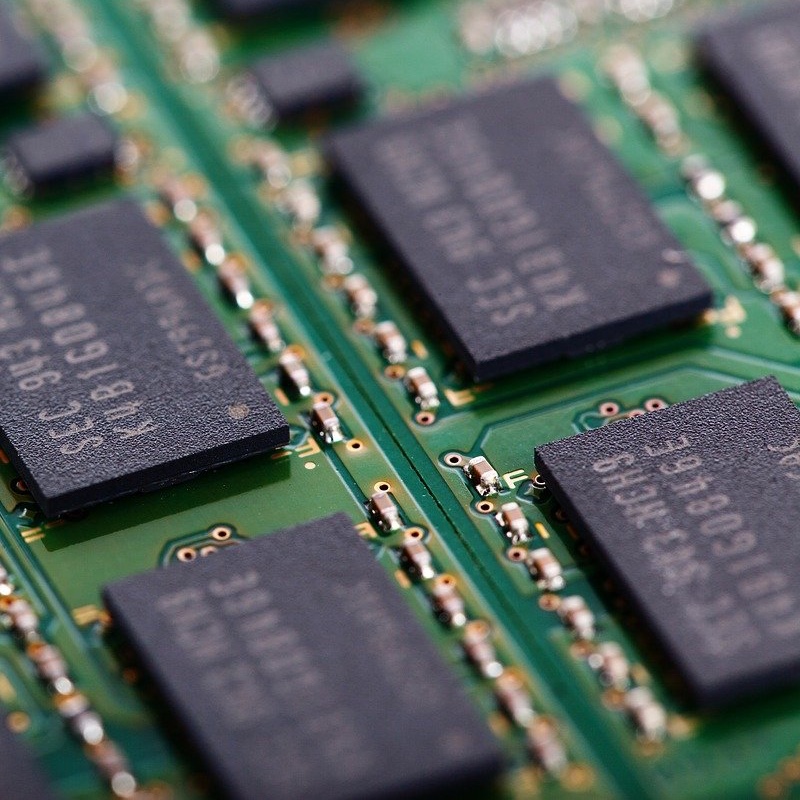From being on a variety of toast to a great addition to smoothies, avocados have become a popular ingredient in Americans' diets. However, this staple piece may become more difficult to find and more expensive to buy after the United States decided to ban all imports of avocados from Mexico temporarily. This ban stemmed from a verbal threat made to U.S. safety inspectors. While these threats were not made public, interest from drug cartels have made their way into the avocado industry and continually find methods that broaden their illegal income streams.
globalEDGE Blog - Page 36
Publish Date:
The Olympics we watch today are vastly different than the first Olympics in Olympia, Greece. The Olympics adapted to changes in the world to transform into the modern games we watch today. Each change was made meaningfully and with the goal of making the games more representative of the society we live in. The International Olympic Committee meets to make changes to the games, whether that be adding or taking away sports or creating new standards for sustainability and gender equality so that the Olympics continue to adapt to new ideas and generations.
Publish Date:
Every four years, fans are on the edge of their seats for nearly three weeks of the Winter Olympic Games. Some countries are known for their reputation of being on the podium, but how might this change with each competition? As we await the final results of the 2022 Winter Olympics, we look at: the hosts of the games, what it means to bring home the gold, and how the global reach of this athletic tradition supports businesses and athletes alike.
Publish Date:
The Olympics is one of the few events where people from all over the world gather together. People are competing for their home country while achieving individual accomplishments and record-breaking scores. It is a time of gathering and celebration. However, in order to make this event possible, the host country has to plan years in advance. Sports venues, athletes' accommodations, and transportation improvements are all necessary to prepare for the crowds. The venues, in particular, have received criticism over the past several decades. From the economy perspective, their creation costs are high with a low utility after the event. From the social perspective, millions of people were forced to move in order to make space for the constructions.
Publish Date:
When observing earlier modern Olympic games, dating back to 1896, the state of the geopolitical sphere caused multiple restrictions and boycotts. The current 2022 Beijing Winter Olympics are no exception.
Publish Date:
With the given supply chain disruptions, the European Union has decided to take an active role in semiconductor or chip production. It is backing more investments into private and public funds in an act to become leading chip producer.
Publish Date:
Finder's keeper's loser weepers. When a person finds something and keeps it, the loser has no right. Many societies had followed this saying throughout history when it came to looting ancient artifacts, and now it's affecting our global economy and society.
Publish Date:
Travel has been a delicacy over the past few years. Due to the ongoing pandemic, many previous flyers have been less frequent with their travel. With the recent merger of two major airlines, the world of traveling is in for a major change. The Spirit Airlines franchise and Frontier Airline franchise completed their merger over the weekend. The two franchises have been hit hard by the pandemic, and the merger can help with their recovery. These airlines have been major players in the low-cost flight industry in the United States and Latin America, including Puerto Rico, Mexico, Jamaica, and El Salvador. This move will help them grow and move past the pandemic. The union between Spirit and Frontier is expected to create enhanced values for shareholders of both airline industries and allow the companies to better compete with rival airlines.
Publish Date:
Sports play an important role in the lives of millions of people worldwide; they bring people together, they provide entertainment and exercise, and, often overlooked, they’re an engine for an extremely high-grossing industry. Globally, the sports industry has been estimated to be worth over $620 billion. Over the last 20 years, major sports leagues in the U.S. and Europe saw their respective clubs/teams grow their annualized revenue by about 7 percent, a performance matched only by the healthcare and education service sectors. One such league with a pronounced affinity for high-grossing activity is the NBA. The NBA has seen more profitability than any other league in the past few years, mainly due to its effective globalization to regions like China and Africa.
Publish Date:
As the climate disaster is steadily increasing in conversation across nations, the Security and Exchange Commission (SEC) in the United States attempts to place regulations on sustainability reports within large corporations. They are pushing for these reports to act like financial reports; they can be audited in this case. If these regulations pass, the sustainability reports would mimic financial reports and be audited to keep companies from stretching their energy-efficiency disclosures. Without this, it has become a pattern that companies' reports are unreliable and very inconsistent with the revelations they have put out.












